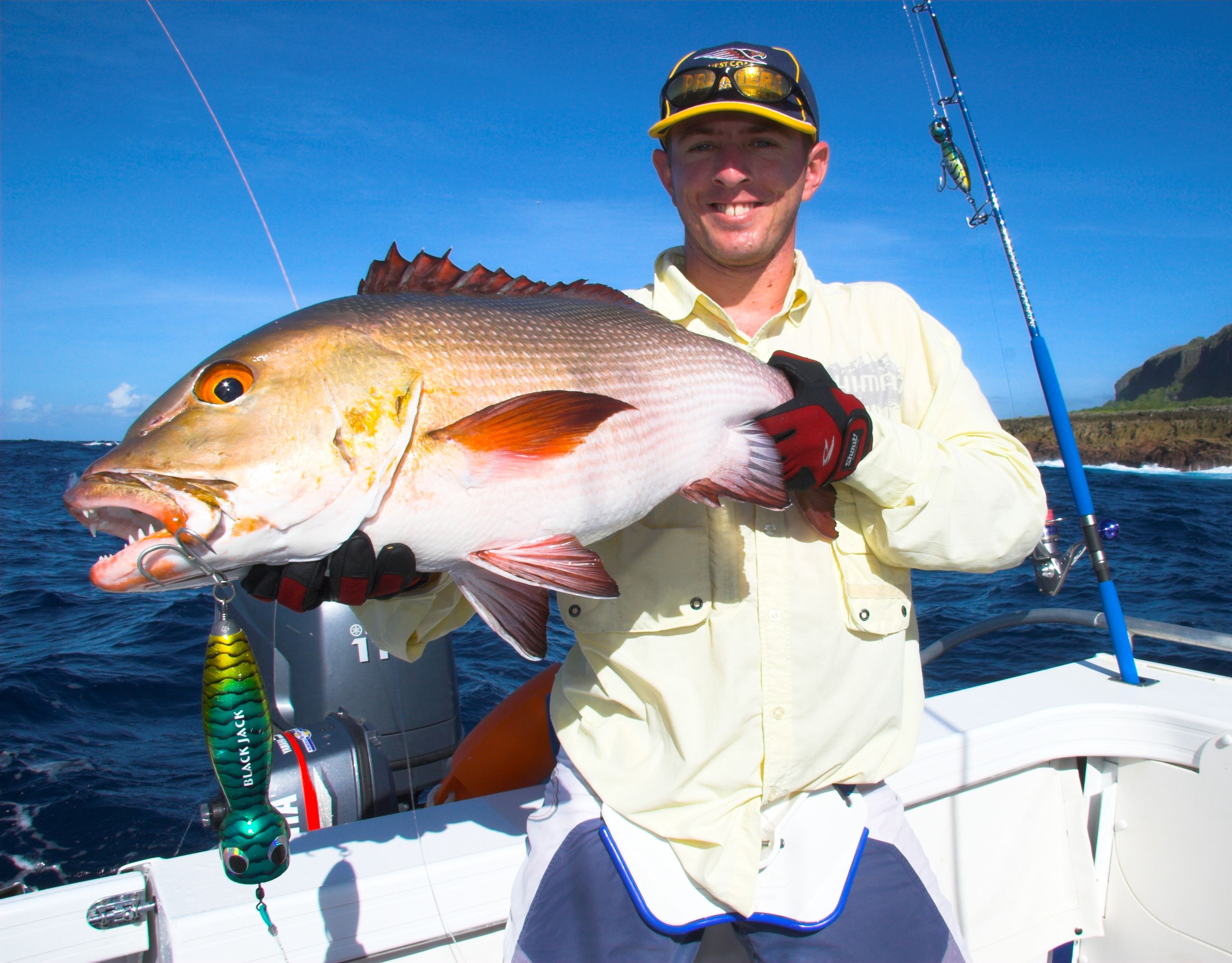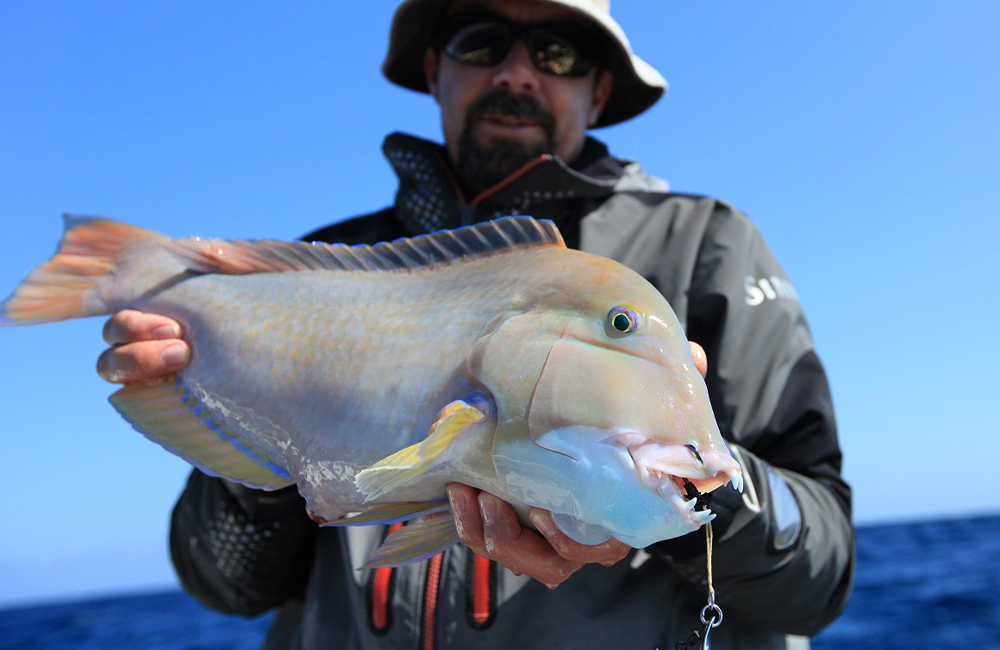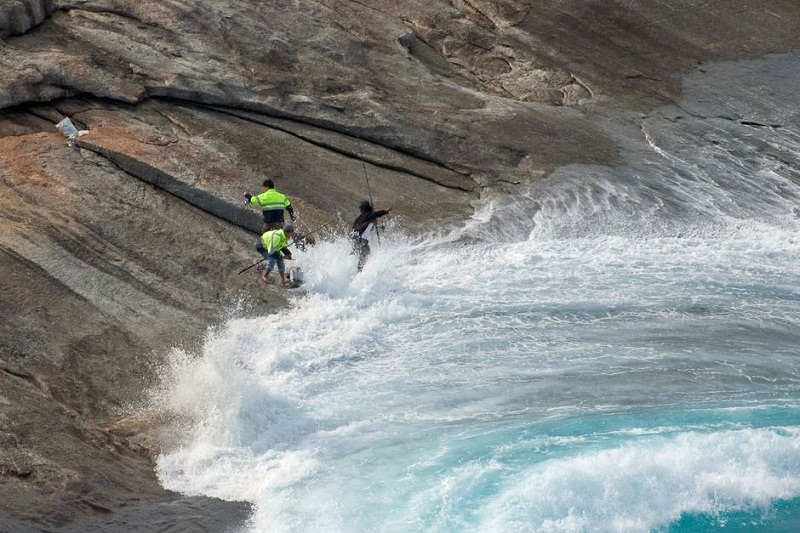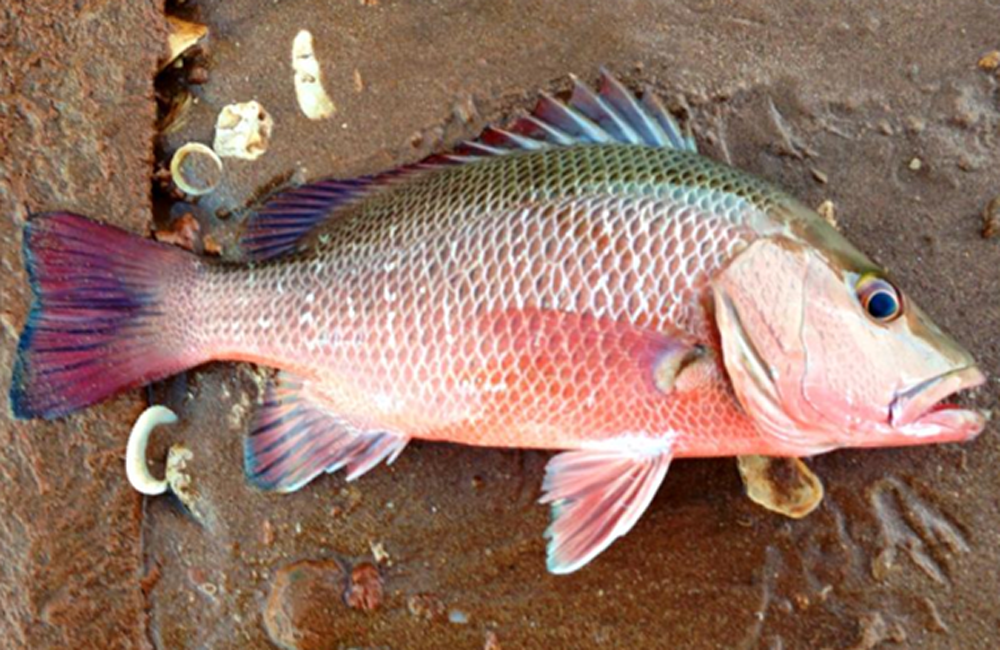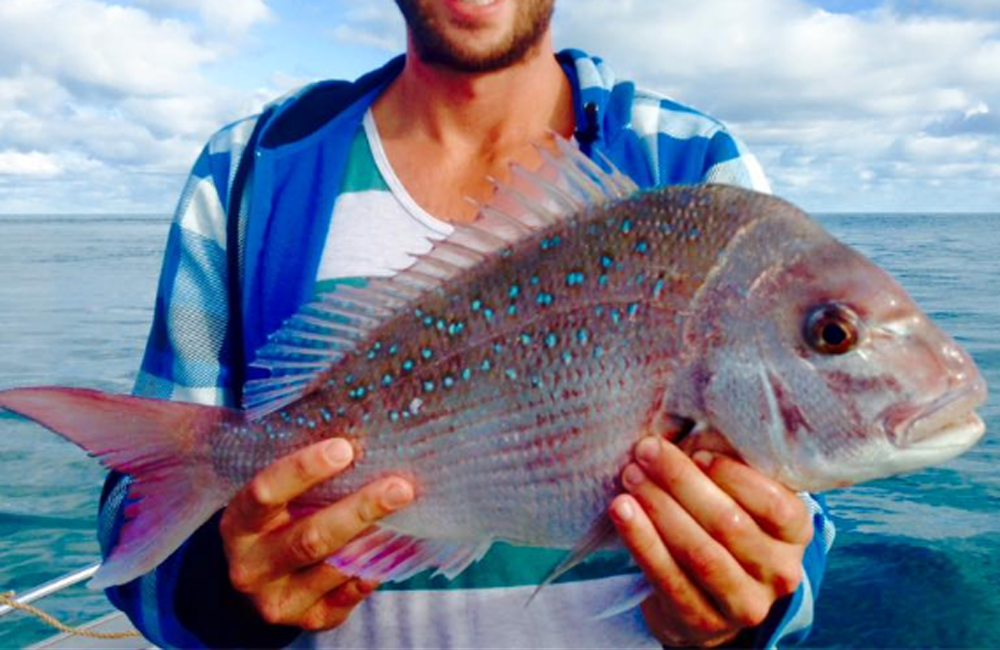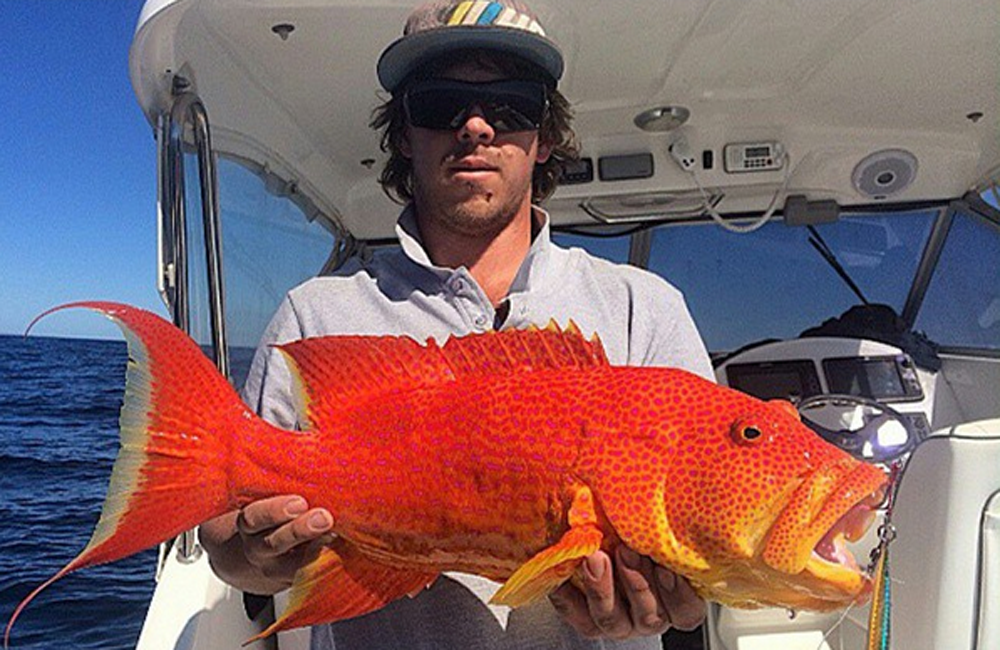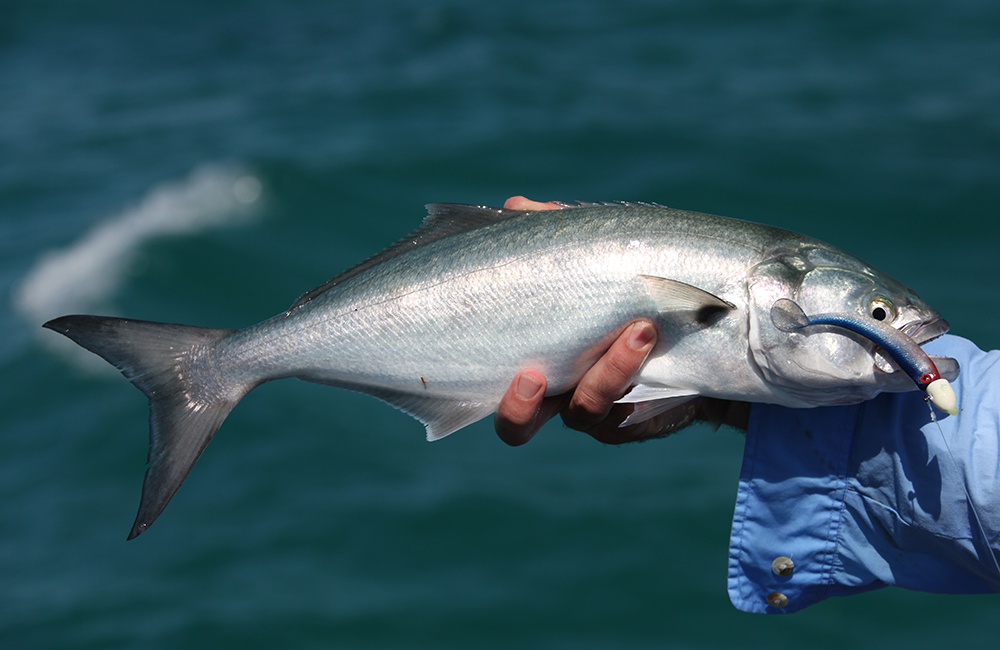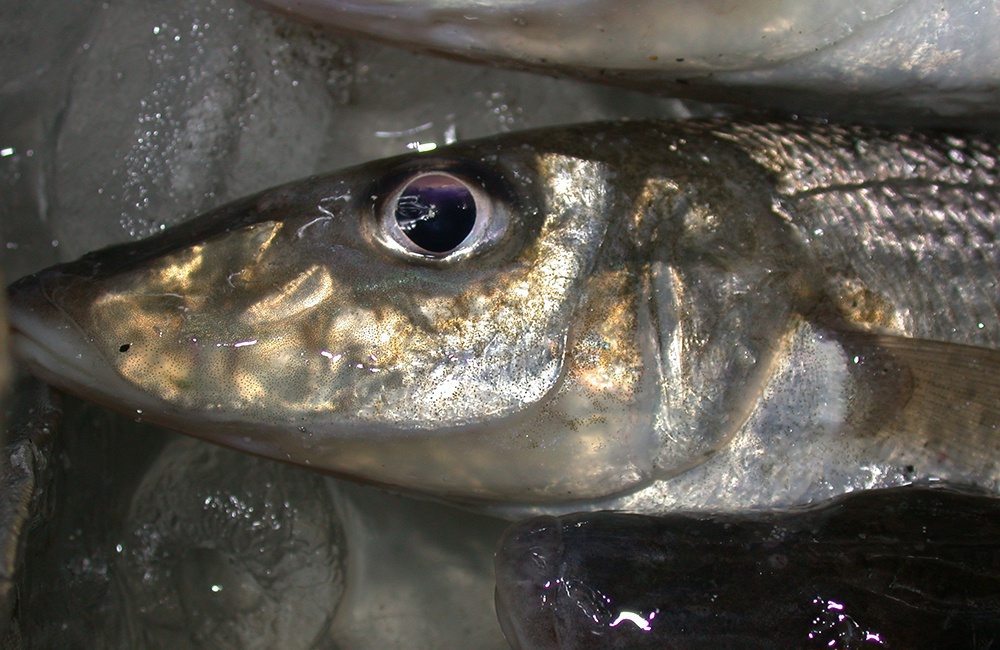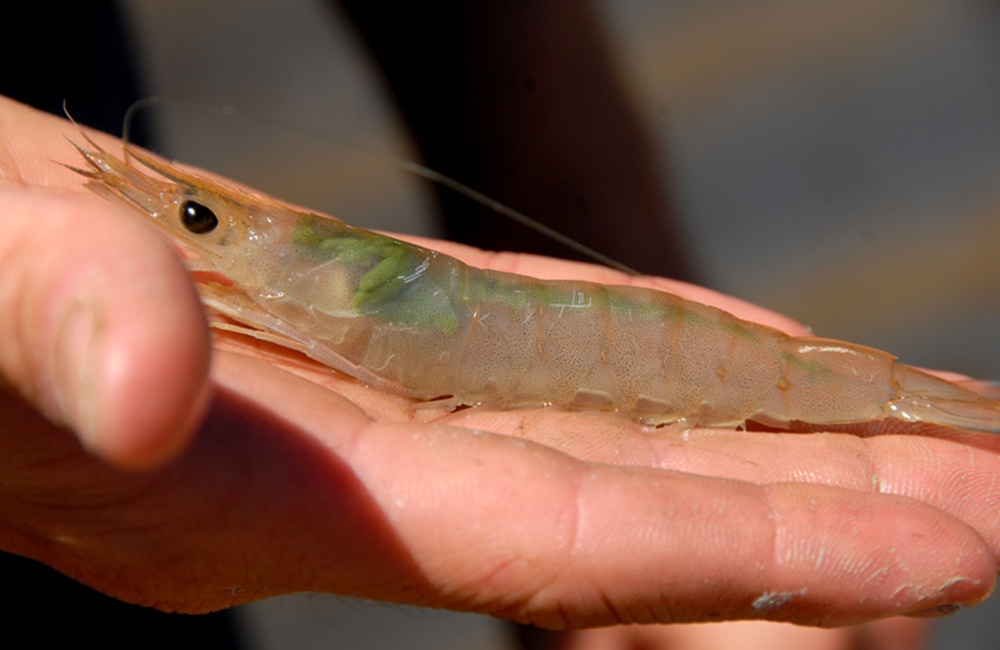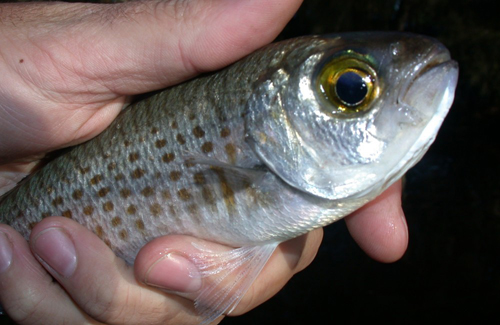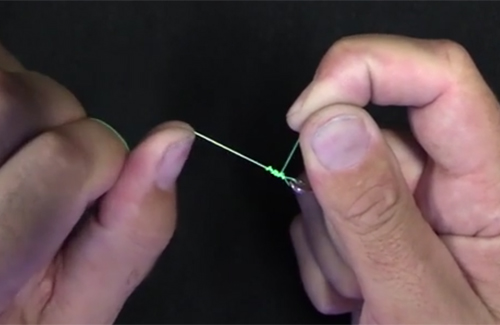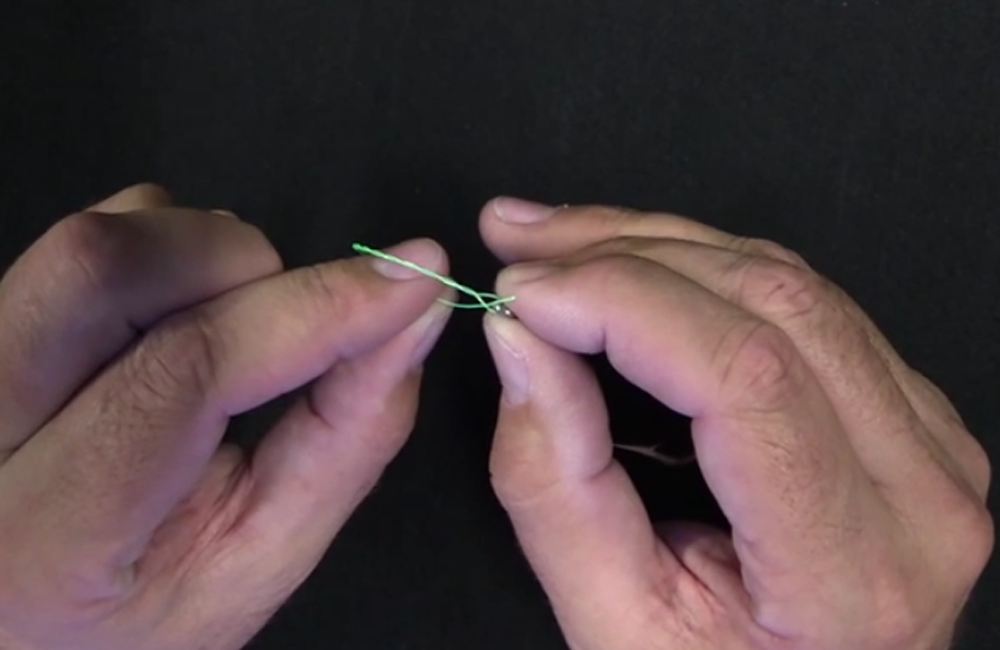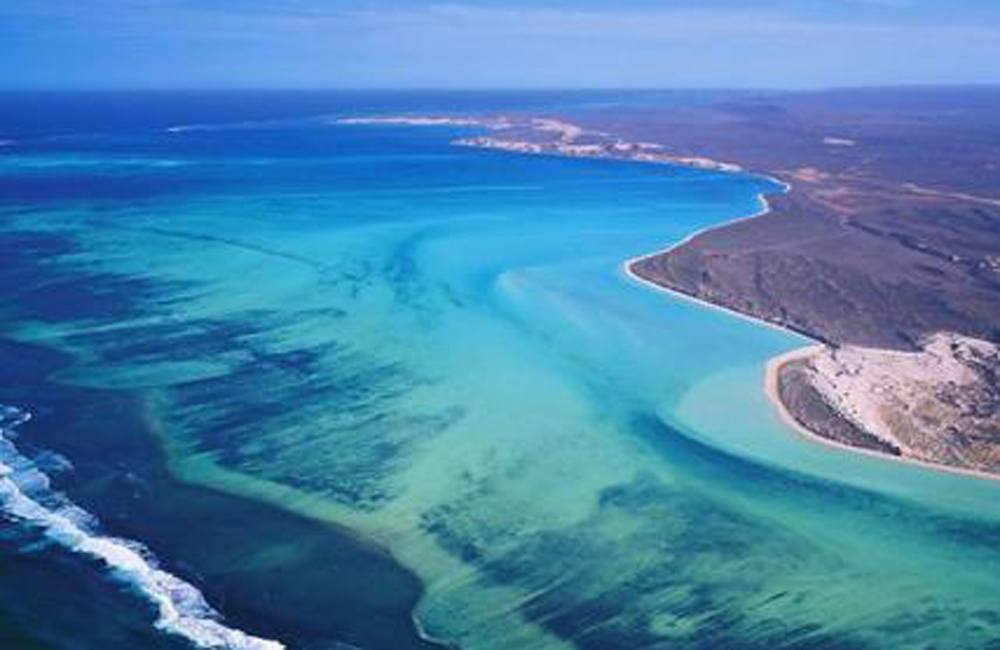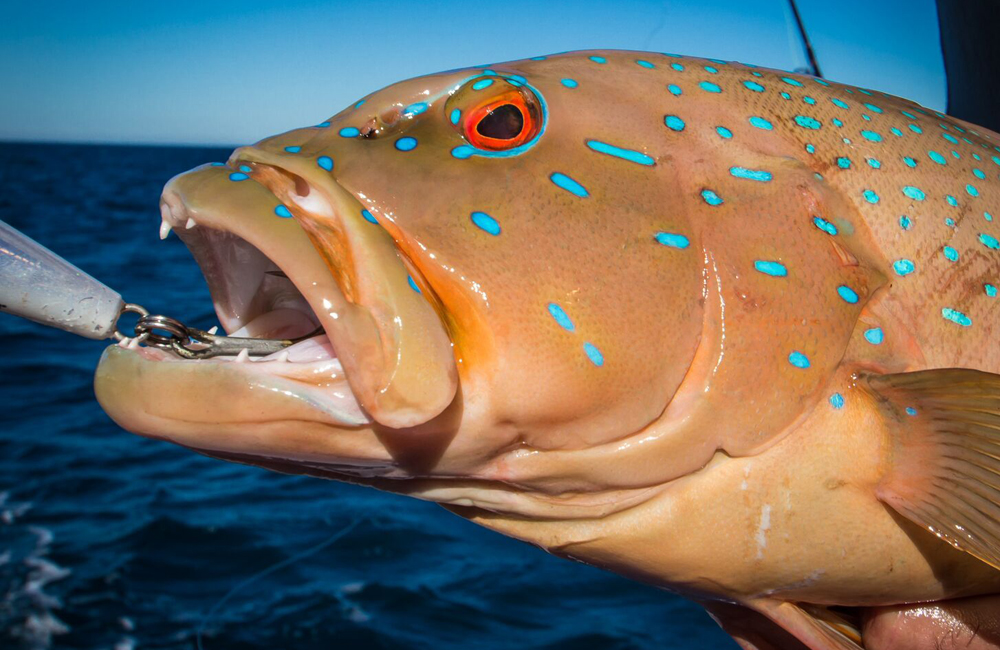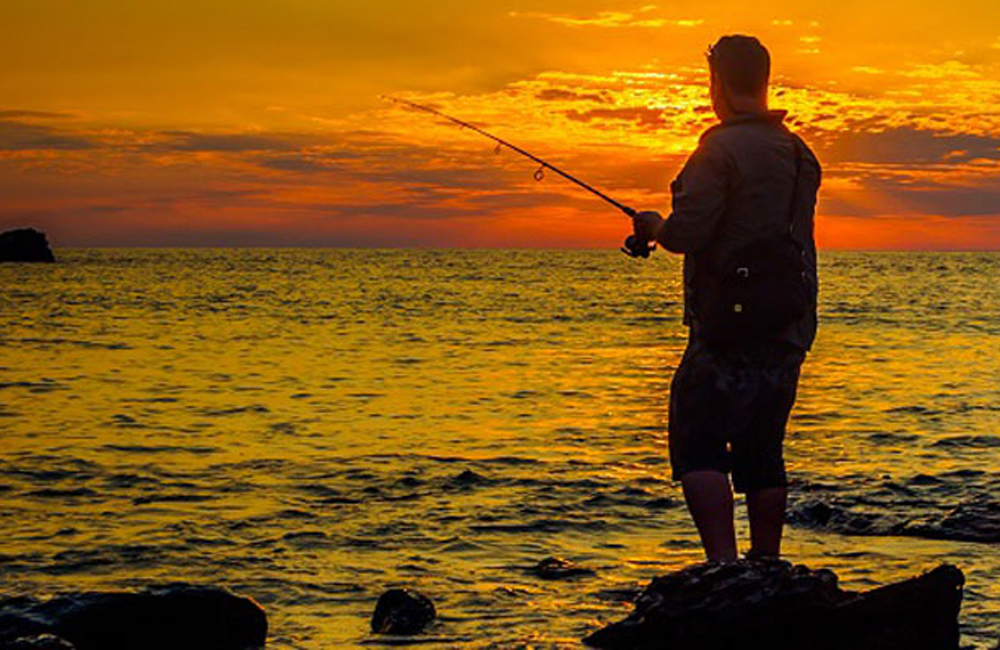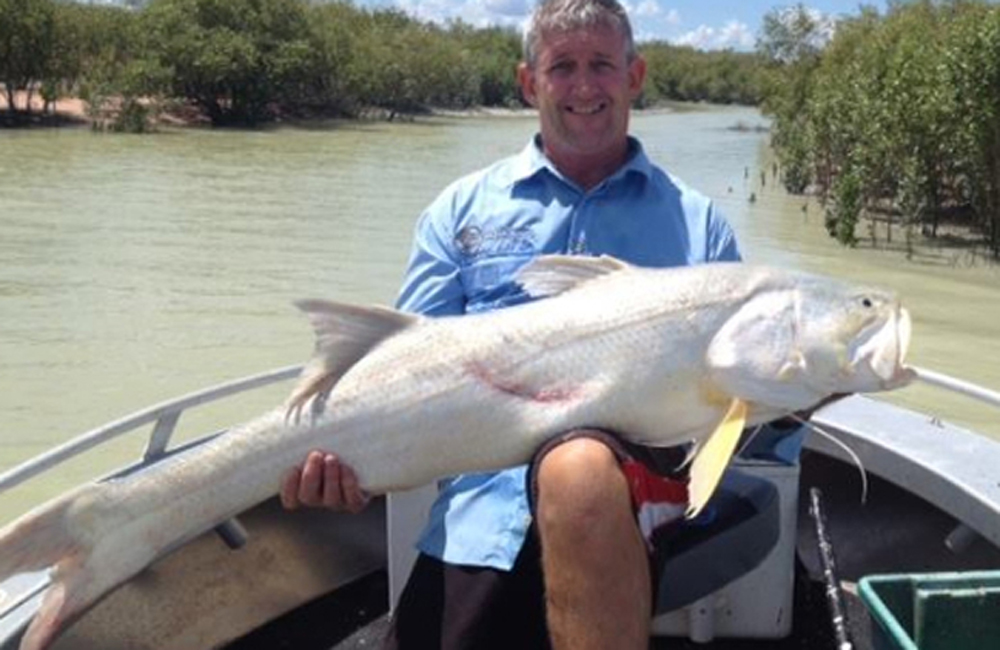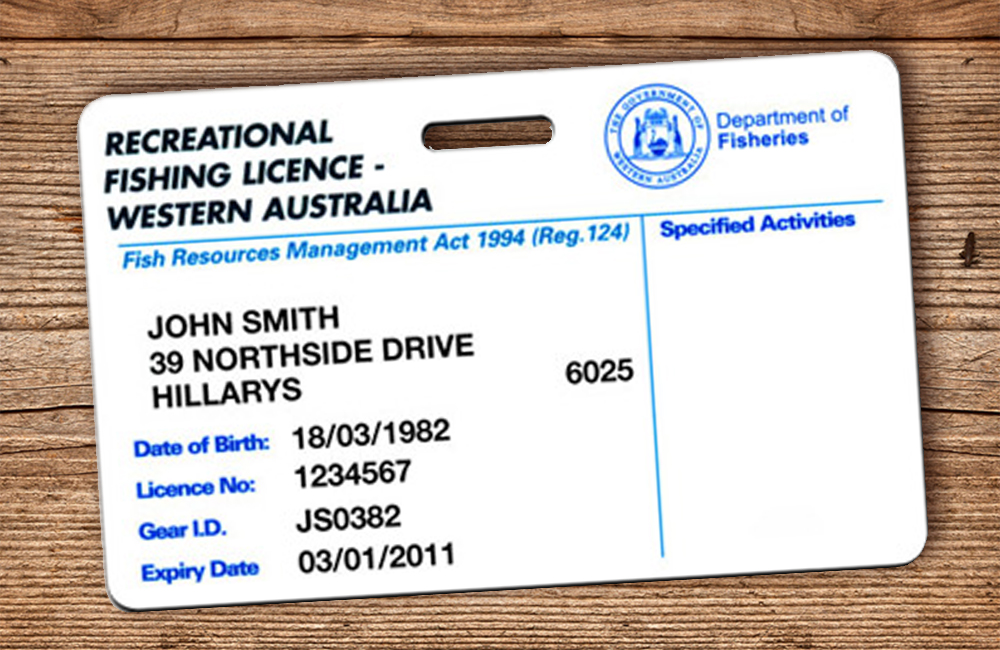Recreational fishing can be an inherently dangerous activity, given that it is always undertaken on or near the water.
This raises the risk of incidences relating to drowning or being washed into the ocean while fishing. Unfortunately, a number of fatalities are recorded each year from recreational fishers who sometimes do not understand the risks associated with fishing. It is important to have the correct fishing safety equipment and the knowledge to ensure you are fishing safely.
This page contains relevant and practical information on steps that you can take to make your fishing experience safer.
Safety Gear
Personal Floatation Devices (PFD)
At a minimum you should always carry a rope and some form of floatation device. Preferably you should always wear a life jacket when rock fishing. This is the easiest way to ensure that in the event of being washed off the rocks, you will be able to stay afloat and await rescue.
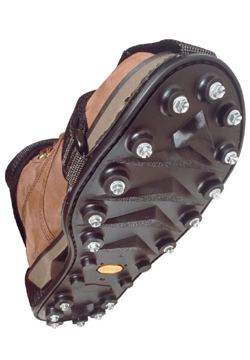
Footwear
Wear shoes with non-slip soles to prevent slipping on wet rocks. Wear light shoes that will not weigh you down in water. Steel-cap work boots may provide good grip and protection to your feet but will weigh you down if you fall in.
Clothing
As much as possible, wear light clothing. This will make it easier to swim if you are washed in. Jumpers and thick cotton clothing become very heavy when wet, impeding swimming and can be difficult to take off quickly.
Warm weather gear
Because of the harmful effects of the sun and its ability to cause skin cancer, it is a good idea to wear a high SPF sunscreen as well as a hat and protective clothing with long sleeves and light colours to reflect sunlight. Because UV rays from sunlight can harm your eyes, it is a good idea to wear sunglasses. In addition to sun protection, polarized sunglasses can reduce the glare from sunlight reflecting off the water’s surface, allowing you to see beneath the surface of the water to spot fish, even on sunny days.
Cold weather gear
In cold weather it is very easy to lose body heat. Long, warm clothes that cover as much body surface as possible and beanies or hats can help retain this body heat. In cold weather gloves can also help to keep you warm and you can purchase lightweight rubber gloves or finger-less gloves that allow you to handle tackle and stay warm. If rain is likely it is important to bring waterproof (not just water resistant) gear such as a jacket with a hood and/or waterproof pants.
Fishing for Abalone
Safety tips when fishing for abalone:
- Carry your catch in a loose-weave net bag. This will allow water to pass through and not become a dragging weight.
- Attach your measuring gauge to your wrist; don’t hang it around your neck.
- Study the waves before you get into the water and keep an eye on the swell whilefishing – it is easy to be injured on reefs.
- Wear protective footwear and a wetsuit or light clothing that will not become too heavy when wet.
- If you are unsure whether conditions are too rough, don’t go in.
- If you do get into trouble, try to stay calm and raise one arm (an international distress signal) to attract help.
Boat Fishing Safety
Know how to swim
There are many situations where you as a fisher might swim during the course of your fishing activities; either for recreation or in an emergency. If you fish, you should know how to swim for your own safety. If you are a poor swimmer it is best to wear a Personal Flotation Devices (PFD), have an experienced swimmer with you at all times and avoid the water as much as possible.
For more on Learn How to Swim, see www.lifesavingwa.com.au
Know the conditions
Make sure you are aware of local weather, swell and tidal conditions before going fishing. Once at a fishing location take time to observe the current conditions, they may be different to those predicted or may be changing.
Tell someone your plans
It is always a good idea to let a responsible person know where you will be fishing and what time you plan on returning.
General Fishing Safety
Avoid alcohol
The probability of being involved in a boating accident doubles when alcohol is involved. Studies have shown that the effect of alcohol is increased by external factors such as sun and wind, so even if you’re BAC is below the legal limit of 0.05 for driving, you may be unfit to skipper a vessel. It’s best to simply avoid alcohol altogether while boating.
Handling fishing equipment
Always handle gear responsibly and remain aware of where your gear is and where other fishers are. When casting, always check to make sure no one is behind you. Do not leave fishing gear lying around. When transporting rods with hooks or lures attached, always attach one of the hooks to a guide so the hooks remain as still as possible during transport. Be careful when unhooking fish and try to pre-empt any jerky movements and remain still during this time to avoid getting hooked yourself.
Wading
Wading can be dangerous in situations where the water is deep, current is fast-flowing, tides vary greatly or substrate is uneven. In these and any wading situation it is always best to wear a PFD, have at least one other person with you, know the depth and current speed of the section you are wading through or crossing and check the ground ahead of you using a stick. If you attempt to cross a stretch of water and find you have misjudged the situation, don’t panic, turn around and return to the bank.
Removing hooks
If someone is hooked in a delicate area it is best left to medical professionals to remove. But if the hook isn’t in a vital or delicate area, here’s one of the best ways to remove it.
- Cut the hook away from the line.
- Loop a piece of fishing line through the bend in the hook.
- Place a finger on the eye of the hook and hold it gently against the skin.
- Grasp the loop in the line and using a sharp jerk, remove the hook.
This method aims to use the bend in the hook to prevent the bard from tearing the skin. The wound should then be cleaned and sanitised and should be followed up with a tetanus shot if the victim has not had one in the past five years.


